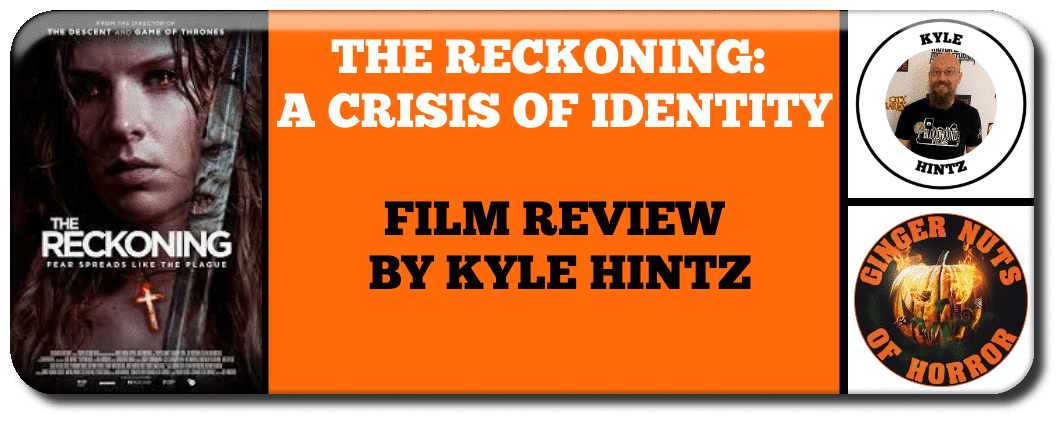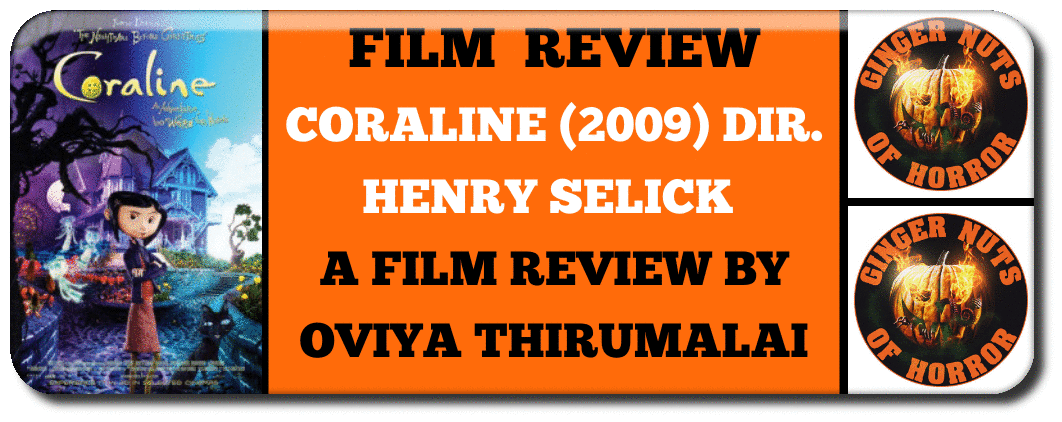It’s not clear what the film wants to be: a serious witch hunt drama, a plague horror or a badass female actioner. Any of those could make for an interesting film, with room for crossover, but while this film is well-crafted, it feels like a retread of things done better in other films. The Reckoning: A Crisis of Identity (FILM REVIEW By Kyle Hintz)The Reckoning opens on a stark black and white shot of bodies piled atop each other in a plague pit. An exquisite introduction to the medieval time period and backdrop of the Black Plague. An unexpectedly topical image for an unexpectedly topical story given its plague setting, themes of eviction, attempted sexual exploitation, witch hunts, and its female-centric narrative. The story proper begins as Grace Haverstock (Charlotte Kirk) discovers her husband Joseph (Joe Anderson) hanging from a tree. In an expertly edited sequence their backstory is relayed as she buries his body. As a child Grace witnessed her mother’s persecution for witchcraft at the hands of Judge Moorcroft (Sean Pertwee). Joseph contracted the plague from a sick man’s glass, a mistake orchestrated by their unsavory landlord Squire Pendleton (Steven Waddington). Rather than infect Grace and their unborn child, Joseph took his own life. This leaves Grace pregnant and in dire financial straits. Squire Pendleton tries to coerce her for sexual favors. When Grace refuses he tries to rape her. She manages to fight him off, but Pendleton spreads rumors that she’s a witch, explaining in classic village idiot logic (that would be harder to believe had we all not lived through 2020) why she hasn’t come down with the plague. In no time, Grace is imprisoned for witchcraft and Judge Moorcroft sets about extracting her confession. At this point the film falls into very familiar territory, unjust persecution and torture. At night, Grace is visited by the Devil and plagued with hideous visions. These nightmare sequences are the best in the film, all effective horror moments in their own right. However, this isn’t exactly a horror film, so these sequences don’t build to anything. Instead, Grace is subjected to brutal torture at the hands of Judge Moorcroft and his scarred assistant, Ursula (Suzanne Magowan) a woman he burned at the stake but who survived thanks to a divine downpour. This all builds to a table-turning climax with lots of reversals and action, but ultimately things don’t really come together in any satisfying way, despite the comeuppance that is meted out. The performances are solid throughout. Charlotte Kirk makes for a compelling lead. The cinematography is gorgeous, the exemplary production and costume design evoke the period. There are several great effects moments, a particularly vicious head-crushing scene and beheading. Occasionally the dialogue sounds a bit too modern to be consistent with the period and tone, though had the film leaned more into pulp elements this would be less of an issue. The thematic material is all interesting, centering the story on a woman in a very oppressive time and adding a plague on top of that, yet it feels muddled. It’s not clear what the film wants to be: a serious witch hunt drama, a plague horror or a badass female actioner. Any of those could make for an interesting film, with room for crossover, but while this film is well-crafted, it feels like a retread of things done better in other films. 2.5 out of 5 THE HEART AND SOUL OF HORROR MOVIE REVIEW WEBSITESWelcome to the third year of our annual cooperation with the University of Derby These reviews were written by second-year students on the Creative and Professional Writing Programme at the University of Derby as part of their ongoing non-fiction work. Today we welcome Harry Heeley to the site with a review of ‘Viy’ or ‘Spirit of Evil’ (1967) Directed by: Konstantin Yershov & Georgi Kropachyov ‘Viy’ or ‘Spirit of Evil’ (1967) |
Archives
April 2023
|










 RSS Feed
RSS Feed

